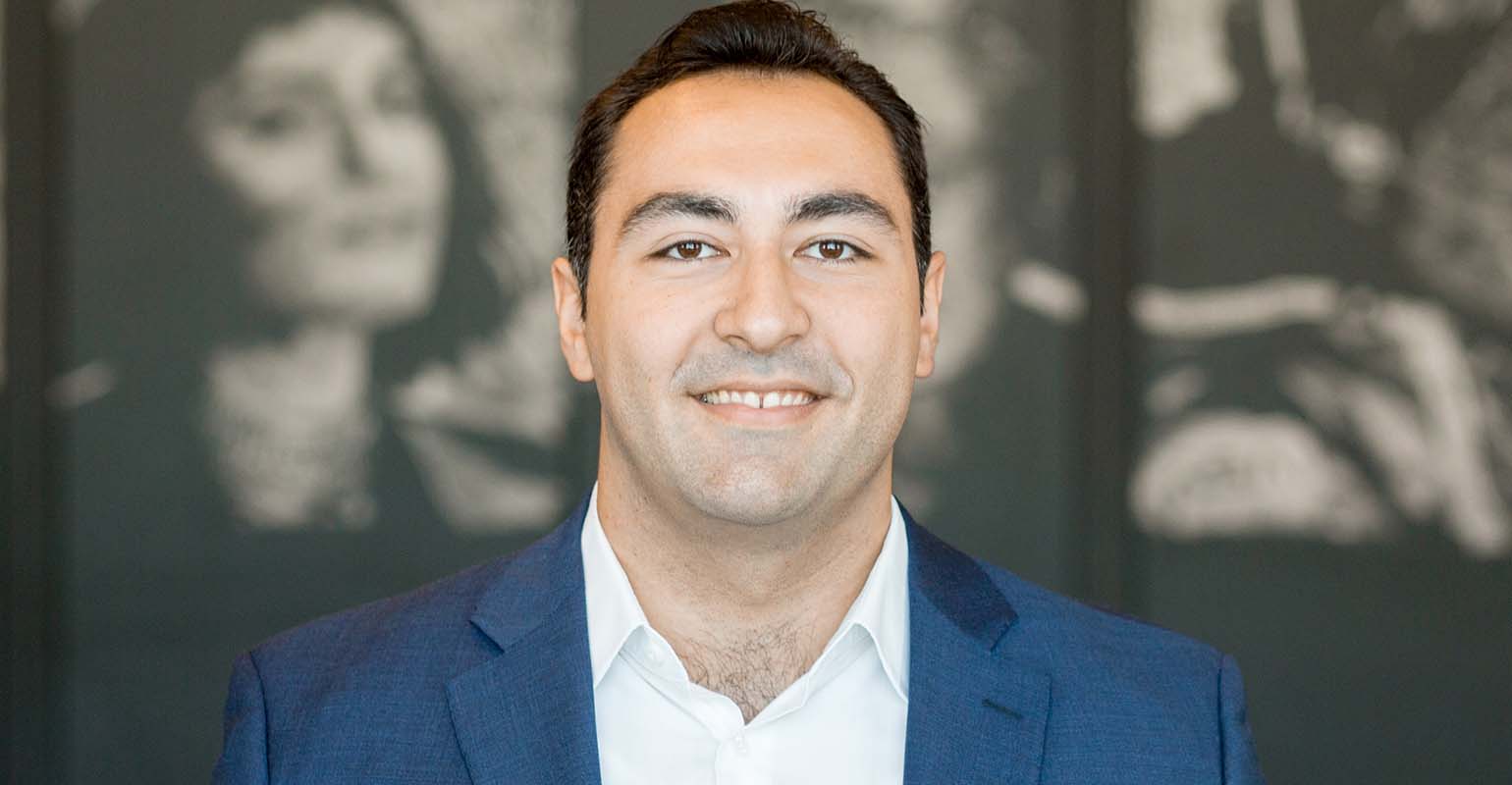2025 Outlook Q&A: The Evolution of AI in Wealth Management


It has been a busy year for ARQA, founded in 2022 by Haik Sahakyan and Peter DiLorenzo.
Its two current products include KorScript and ARQA AI. Simply put, KorScript uses generative artificial intelligence to capture and turn financial documents into actionable data—and it does it in real-time. ARQA AI is to be thought of as a versatile advisor assistant, one that can scan diverse client portfolios to uncover insights or issues and that can adapt to any data source.
The company came out of stealth this year and has secured several partnerships.
Haik Sahakyan previously founded Blackmar Technologies and Blackmar Consulting, which was established in February 2017. These companies specialize in enterprise financial technology implementation services for analytics and performance reporting platforms.
His work and expertise have centered around creating enhanced tools and platforms that enable high-net-worth individuals, family offices, advisors and institutions to run more efficiently and grow.
The following has been edited for length and clarity.
WM: The first time we met, I asked you to pronounce your first name. For the benefit of our readers, I’m going to do it again so they don’t start mispronouncing it from the beginning.
Haik Sahakyan [Laughs] It sounds like “Hike” as though you will take a hike.
WM: It has been a very busy year for ARQA. In fact, the first time we met in person was at a conference, and you have been to quite a few this year. What is a memorable takeaway about AI from those?
HS: There is no shortage of AI-powered note-taking applications for advisors. I would be in an exhibit hall next to a bunch of them, and an advisor would get to me, assuming that is what we do.
WM: So, what has your one-phrase elevator pitch been boiled down to?
HS: ARQA is your AI-native wealth management platform.
WM: Can you unpack for me what that means and where your AI is headed in the coming year?
HS: Where we are headed is that it can be as simple as writing a text. Let me explain; I don’t want to name the firm, but let’s say a big tech provider that we all know spent millions of dollars creating a reporting module that they thought their advisors would be in every day.
In monitoring the usage, they saw a lot of people going back into it every quarter—but definitely not every day—they surveyed, and it turns out the advisors didn’t trust the data.
Something like ARQA, which is what I term artificial narrow intelligence, can monitor it for you.
By narrow, I mean focused—I always make a knock at a certain industry pundit who talks about the goal for AI is about getting to general intelligence, thinking like a human in other words.
There is a great deal that more narrowly focused AI can do for us now and do exceedingly well, from data processing and finding insights to monitoring data quality, as I alluded to in that example above. If you have AI constantly monitoring the data in real-time and reconciling it, then you will have more trust in your data and be more apt to use it on a daily basis.
We are focusing on the stepping stones to that point. Many of these communications generators are a retrofitted solution for something people are already doing today
WM: I like that stepping stones metaphor.
HS: Yes! It’s not mine, it comes from Kenneth O. Stanley’s book, Why Greatness Cannot Be Planned. He’s an AI researcher but it is more philosophical and written for anyone and is all about how we really often have to take a circuitous route full of stepping stones to arrive at an objective.
So, for us the next things are on the reporting side of stuff. Asking your AI to generate your annual client report…here are the things we can put into it … simple choices. And then rebalancing, having the AI sitting on top of the models and letting you know where there are risks.
WM: Kind of like a bionic advisor, basically?
HS: Yes, you, as the client, call your advisor and ask, “What is going on with my portfolio?”
You, as the advisor, can type that in [to a prompt while on the phone] and get an immediately generated response, “Well, OPEC is having this meeting, whatever else is going on in the markets or news, and you look really on top of things—a multiplier effect.
The days of “I’ll call you back in a few days with an answer or a few hours” are becoming unacceptable. I want to be able to log in at any time of day and simply ask: “What’s my unrealized gain on this Apple I just bought?”—with guardrails, of course. Doing that in real time is so futuristic to so many advisors.
We’re trying to get rid of all the tedious tasks, and have things become automated, so you start to care more about data quality.
WM: Who do you work with now?
HS: We have integrations with Invent [invent.us], Addepar, and Orion and our goal is to build out more integrations.
WM: Do you have concerns about the new administration coming in?
HS: There will be certain things they are paying attention to, but I think from a technology and advisory standpoint, it is going to be a good year.
WM: What do you mean when you say certain things?
HS: Just that the regulators might be keeping an eye on AI more—in other words, if you have yet to have a strategy and policy for handling your advisors using ChatGPT, that sort of thing. AI and reg-tech are probably going to be big next year.
WM: So, is it just you and Peter in a garage?
HS: No [laughs]. We have grown to 35. We recently hired a quality assurance engineer who is part of the development team and a second person, another developer, who is working on [AI-powered] billing and invoicing.
WM: And what about your developers, I understand they are not based here in the United States?
HS: My family is originally from Armenia, and our 27 developers, all employees, are based there.
WM: So, you do not outsource any of your development?
HS: No, they are all employees. I will never do the outsourcing thing again. I tried that early in my career, and it never works out for a variety of reasons.
WM: Where has your funding come from?
HS: For us, it is individuals, some from RIAs, as a pass-through from clients. … Mostly from people in this space who are looking for next-generation solutions, whether that’s an advisor or their end clients that are interested. We’ve had one seed funding round where we raised approximately $6.5M total, which I expect will last us through 2025 when we plan to raise a series A.

Many people use their phones to handle everyday tasks, from scheduling appointments to staying connected with family. Budgeting apps are...

Parent PLUS borrowing will be capped beginning July 1, 2026: up to $20,000 per student per year and $65,000 lifetime...

Advisors affiliated with independent broker/dealers often assume that “independence” is a destination rather than a spectrum. Yet, when frustration creeps...